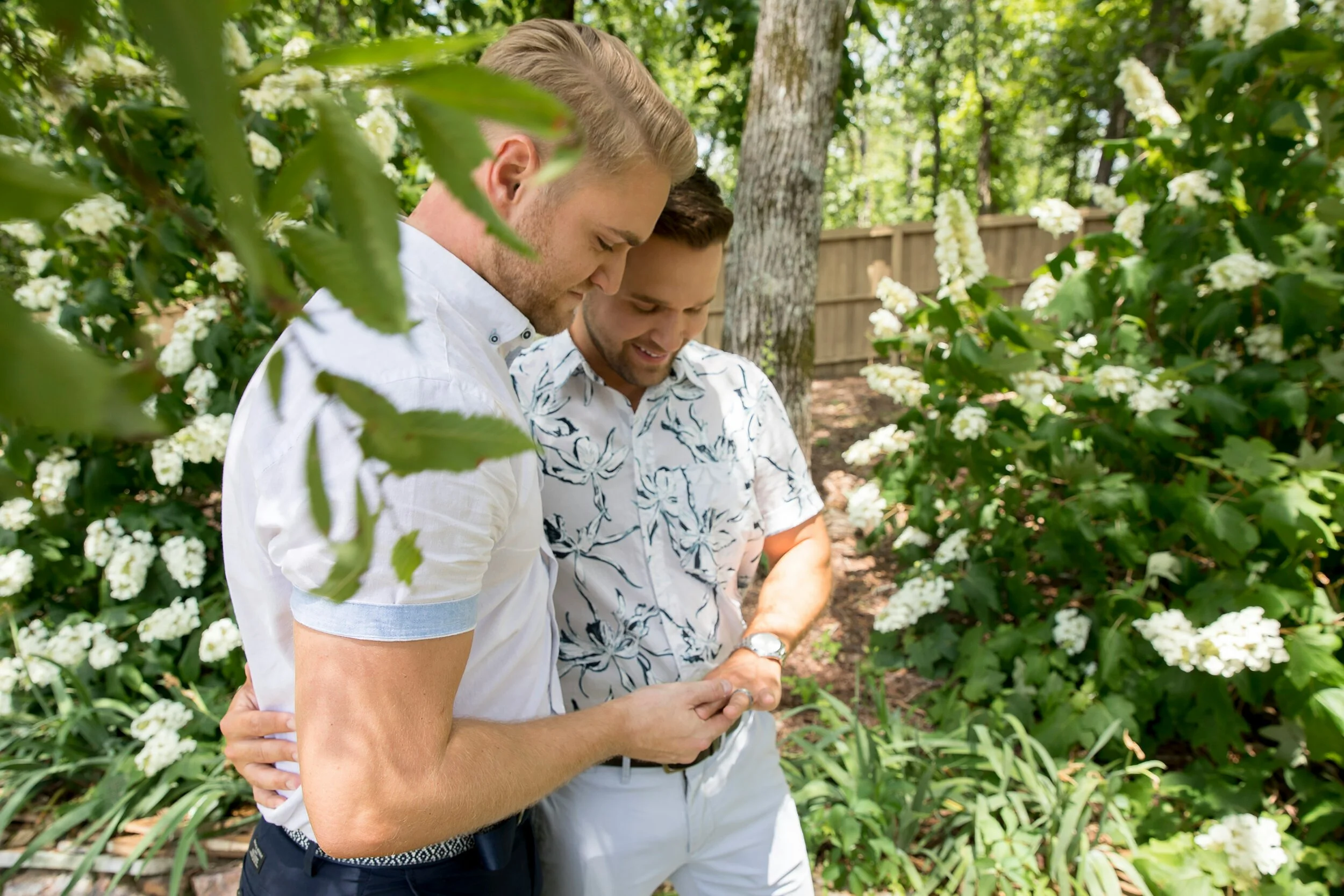
Couple Therapy
How do you know if couple therapy may be beneficial for your relationship?
I have successfully worked with many couples who have sought therapy after many unsuccessful attempts to overcome their challenges by themselves. Here is how they described their problem at the beginning of couple therapy:
“There is a lot of positivity in our relationship. We love each other but there is so much conflict, a lot of back and forth and hot and cold. It’s exhausting.”
“We keep missing each other. I feel that I don’t hear what he/she/they has to say and she/he/they doesn’t say what I need to hear and vice versa.”
“My partner and I get into the same arguments over and over again over little things. And once we start arguing, we spiral, and we can’t stop.”
“I shut down, scroll on my phone or go away to avoid saying the wrong thing that may lead to another fight.”
“I find myself thinking that my partner never listens to me. I feel insignificant, unimportant, and they don’t seem to care?”
“I get angry and critical when my partner is telling me that I am overreacting and that’s not a big deal.”
“I tell myself that I can never get it right, that my partner doesn’t see all the things I’m doing and then they get mad when I try to explain and list all the things that I’m doing and not getting credit for.”
I can help.
Helping couples create stronger emotional bonds, more fulfilling relationships and lasting connection is my passion, and I am certified in a widely tested and proven approach called Emotionally Focused Couple Therapy (EFTC). EFCT goes straight to the heart of the relationship by exploring the “choreography” of your particular negative pattern or dance.
In EFCT, we uncover the patterns of interaction that cause distress or disconnection in your relationship. Together, we work to create a safe and supportive space where you and your partner can explore your thoughts and feelings with honesty and vulnerability. By learning to recognize and express their fears of loss and need for love, acceptance and security in a healthy way, couples can create a more secure and satisfying bond with each other.
EFT is particularly well-suited for couples who are experience the following challenges:
-

Communication difficulties
Many of the couples I have worked with successfully came to therapy because they had been:
Struggling to effectively communicate with their partner, which may involve frequent arguments, misunderstandings, or difficulties expressing thoughts and feelings.
Getting into frequent or escalating conflicts over various issues, such as finances, parenting, household responsibilities, or personal differences.
-

Disconnection
Feeling disconnected from the person who matters most is hard. When couples get disconnected, they often:
Sense distance and a lack of intimacy or closeness in the relationship prompts our inner story tellers to create scary narratives to make sense of the “why.”
Experience changes in behavior, such as moodiness, irritability, withdrawal, or increased dependency, which may be a response to relationship stressors.
-

Couples working/affiliated with international organizations
International couples frequently reach out to me when they experience struggles related to:
Cultural differences, work-life balance, and stressors associated with their international lives and careers.
Challenges adjusting to life in a new country, feeling isolated from their support network, and navigating pressures that impact their relationship and well-being.
Communication, intimacy, and identity, exacerbated by the demands of their multicultural context and careers.
-

Betrayal repair
I have successfully worked with many couples who were struggling with the fallout from emotional, physical, and/or financial betrayal. Often, when couples come to me, they describe feeling like the floor had dropped out from underneath them, and their world had collapsed upon learning the truth. I help partners express and work through a range of feelings and experiences, including:
Trust issues, such as suspicion, jealousy, or insecurity, either due to past emotional, financial, or physical betrayals or unresolved issues within the relationship.
Seeking validation, emotional support, or companionship from sources outside the relationship, such as friends, family members, or affairs.
-

Trauma survivors
My extensive training in trauma treatment has led me to recognize and proceed compassionately and skillfully when past trauma gets rekindled in couples’ interactions. Past trauma often affects how partners interact with each other on a daily basis:
Partners often engage in avoidance behaviors or withdraw from each other as a result of trauma-related triggers and “keep their guard up.”
Unresolved issues or conflicts stemming from past traumatic experiences tend to continue to impact the current relationship, often unknowingly and unintentionally.
Partners often don’t know how to support each other in healing from trauma and navigating its effects on their relationship.
-

LGBTQ couples
As a Smith College School for Social Work graduate and former employee at the Whitman Walker Clinic, which focuses on LGBTQ+ care and advocacy, I am deeply committed to creating a safe, respectful and affirming environment for clients with diverse sexual orientations as well as diverse gender identities and expressions. Many of my LGBTQ+ identifying couples sought to work with me because they were:
Desiring a safe and affirming space where they can openly explore their relationship dynamics, identity development, and any other concerns without fear of judgment or discrimination.
Navigating challenges related to their LGBTQ identities while navigating societal norms and expectations.
Experiencing stress or tension in their relationship due to the intersection of their LGBTQ+ identities and the demands of their international careers.
If you are experiencing an emergency:
Call 1-800-273-TALK (8255) to reach a 24-hour crisis center
Text MHA to 741741
Call 911, or
Go to the nearest emergency room.